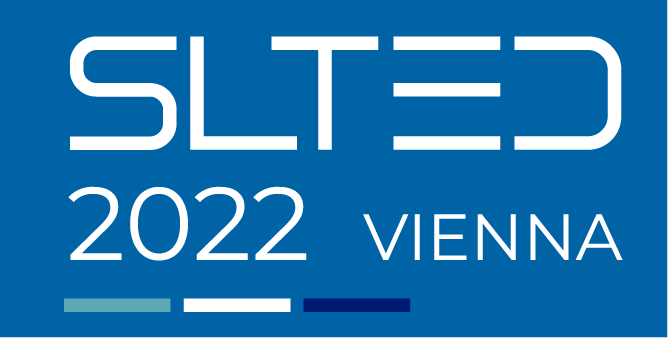Using Videos of Classroom Interaction for Professional Development
Organisers: Karen Schramm (University of Vienna, Austria) & Nicole Schumacher (Humboldt University Berlin, Germany)
Invited Speakers: Mark Bechtel (Osnabrück University, Germany), Kristina Peuschel (University of Augsburg, Germany), Heike Niesen (Universität Paderborn, Germany), Britta Viebrock (Goethe-Universität Frankfurt, Germany)
Video-based interaction analysis has played a major role in research on second language acquisition and foreign language teaching for half a century, but it has only recently become the focus of empirical research on the professional development of L2 educators. In our symposium, we will therefore discuss research reports on using videos and/or transcripts in seminars designed for student teachers of various foreign or second languages (English, German, French and Spanish) in real and virtual classrooms. In particular, we will inquire into analysis tasks based on classroom video segments from experienced teachers and designed to increase student teachers’ professional vision and to promote their self-reflection.
Speakers in this symposium will address key topics in the current debate on using videos of classroom interaction for professional development such as L2 teachers’ competences and knowledge, their attitudes and beliefs, and their professional development. Specifically, they will present studies on interventions which aim to raise students’ awareness of and foster their analytic skills with respect to …
- … heterogeneity in the classroom, particularly concerning multilingual and culturally heterogeneous learning groups (in migration contexts),
- … didactic strategies to promote receptive and productive skills as well as
- … interactional topics such as corrective feedback, micro-scaffolding and the use of multiple L1-ressources in classroom interaction.
Also reflecting on methodological approaches and challenges in this currently growing field of research, our speakers will address different modes of raising awareness on teaching elements relevant for L2 learning as well as teachers’ self-concepts emerging in discussions and reflections on videos of classroom interaction. Their empirical research designs offer examples on the range of…
- …real, virtual and blended formats of learning,
- … asynchronous and synchronous virtual modes,
- … written and oral reflections and analyses of video data as well as
- … emic and etic research perspectives.
Based on the empirical reports of these three current sample studies, we will open the debate to other languages and to teachers of other target groups and with higher degrees of experience. This way, we hope to discuss new conceptual horizons for the professional development of L2 teachers using videos of classroom interaction in teacher education.
